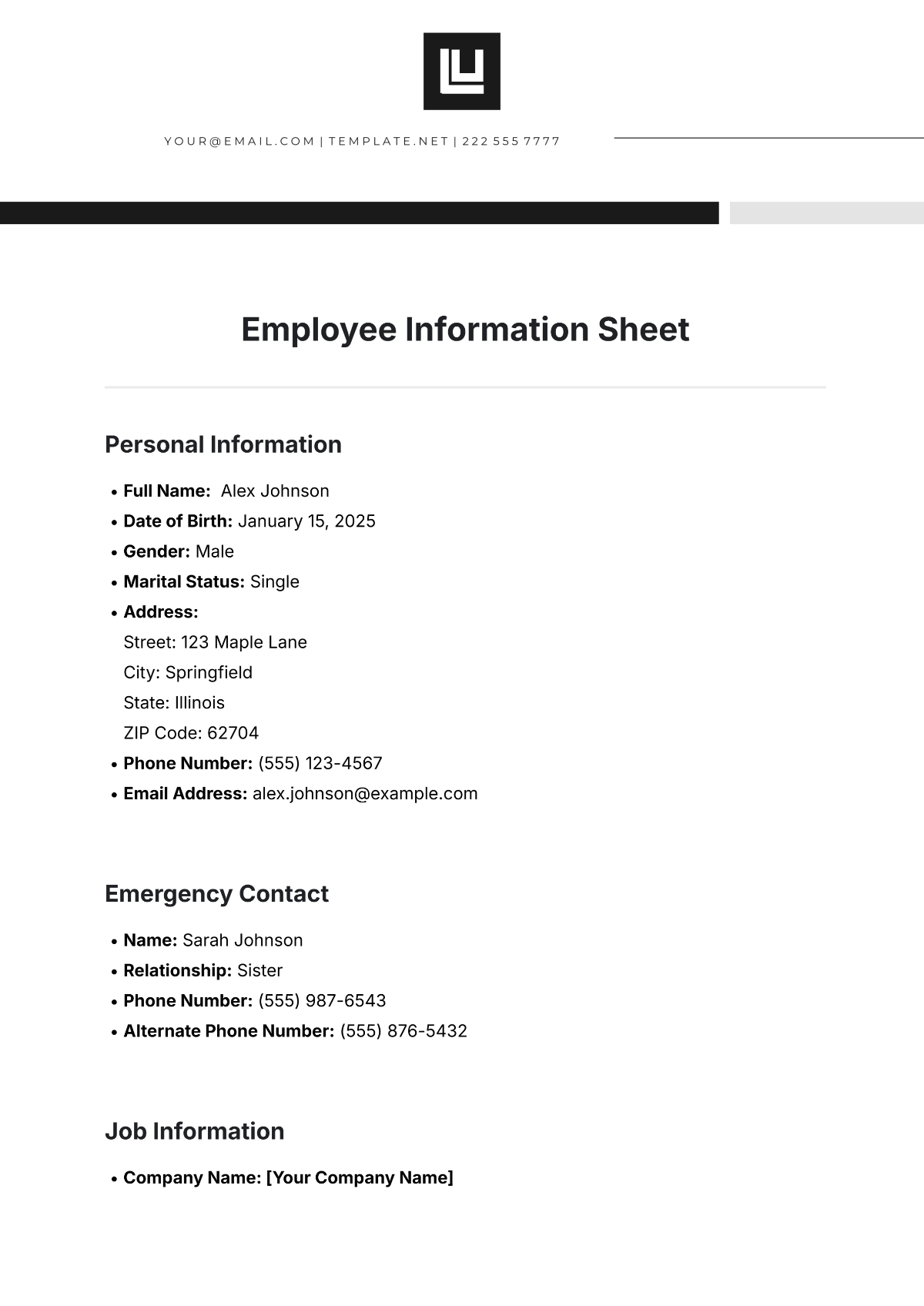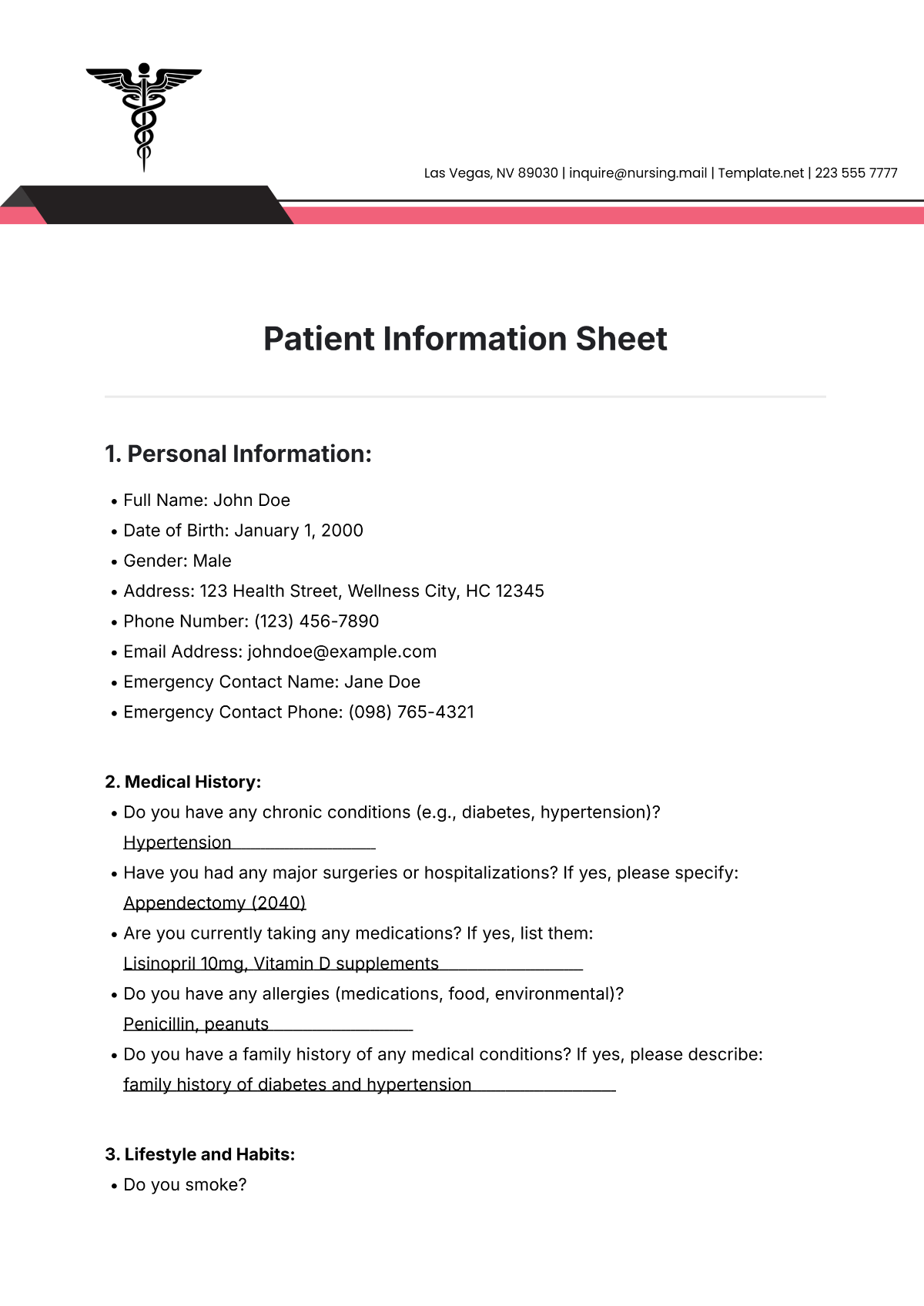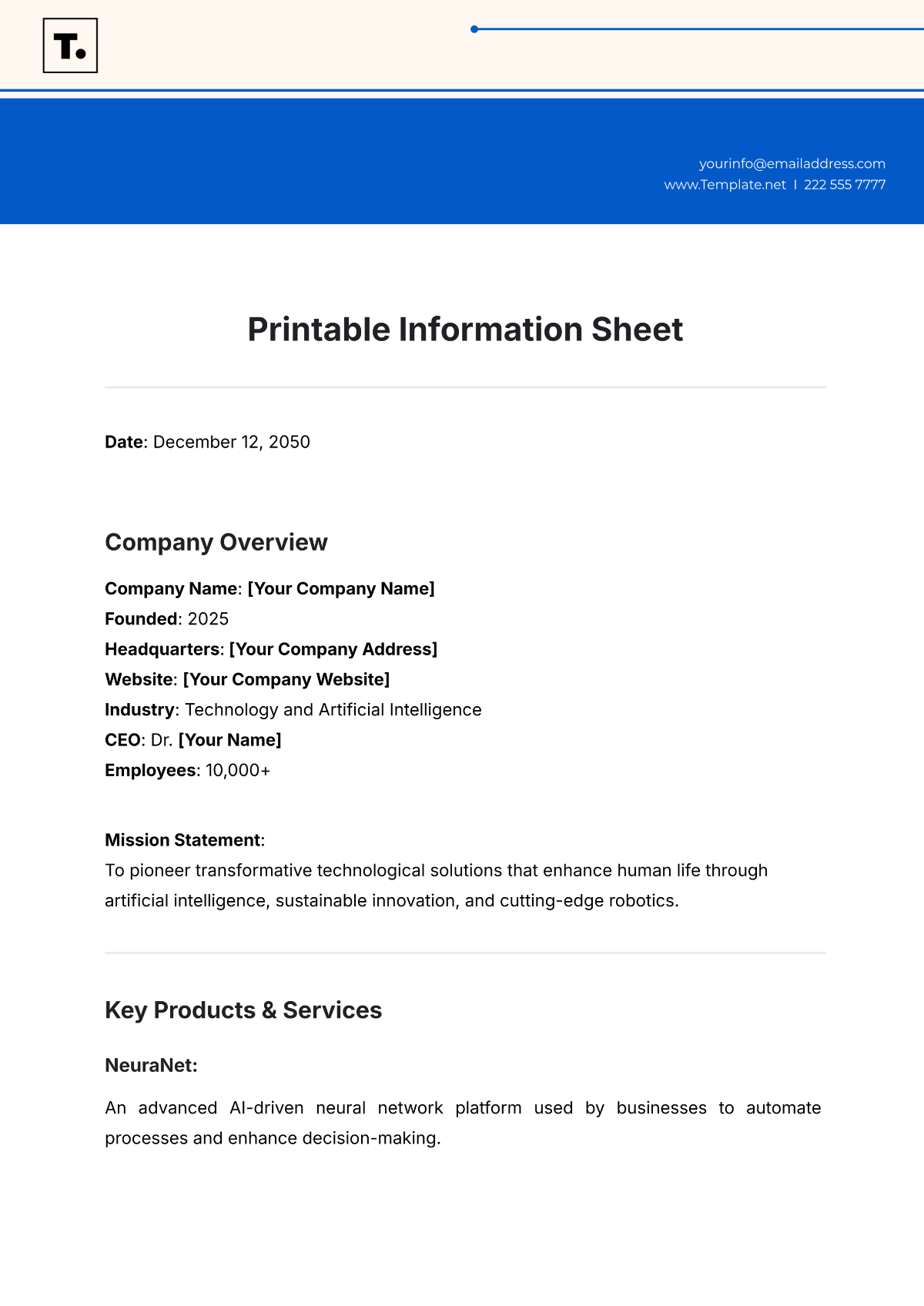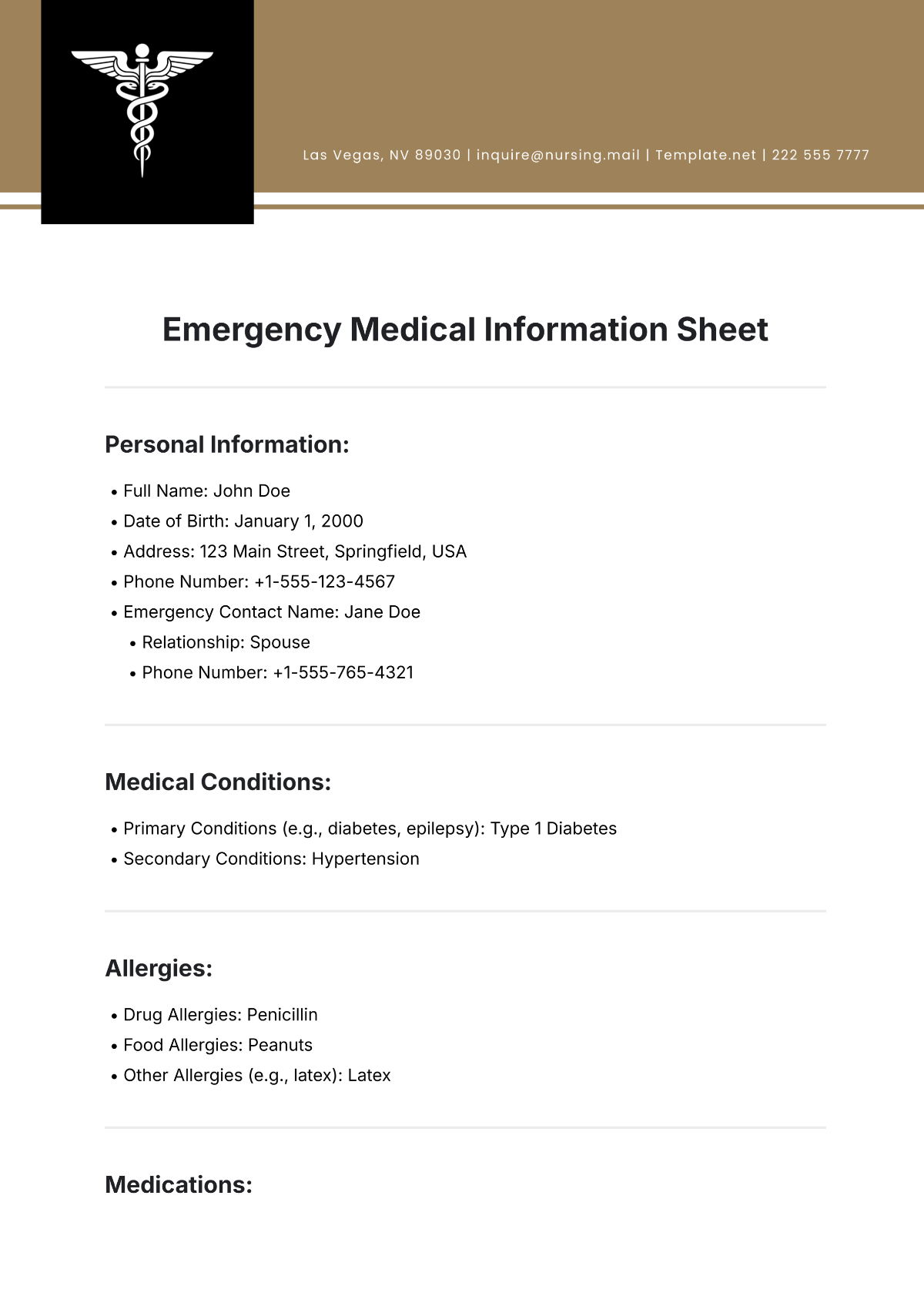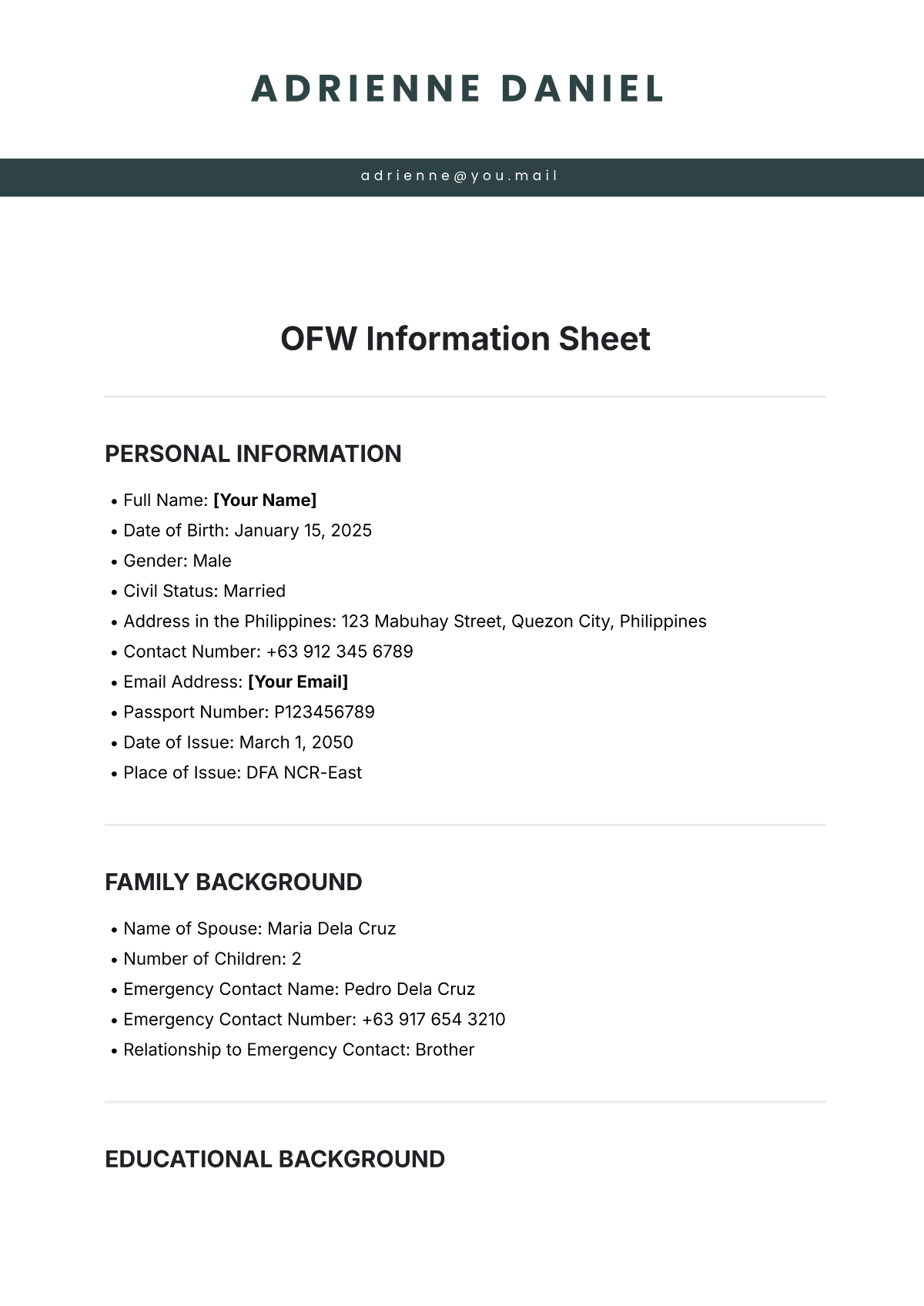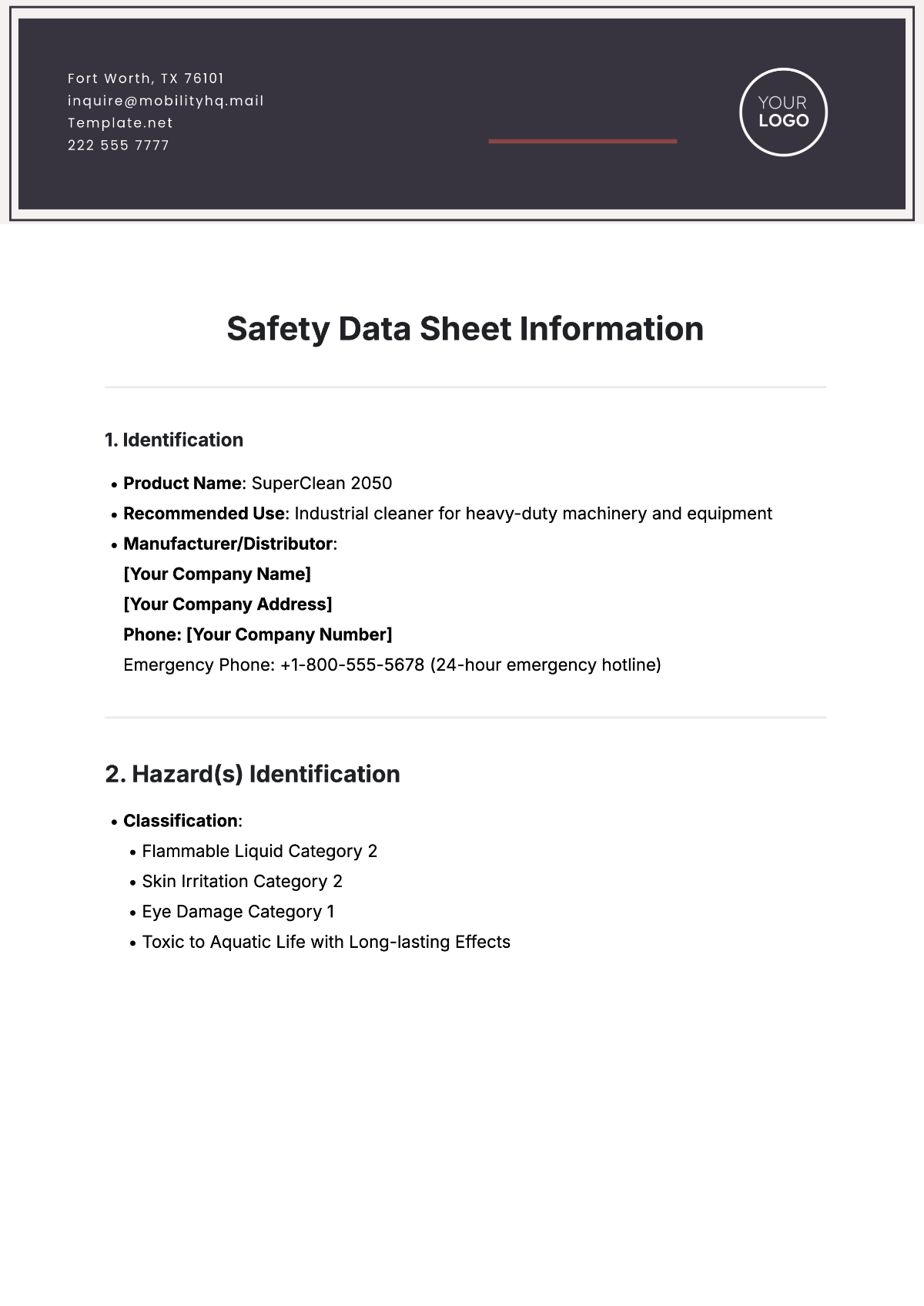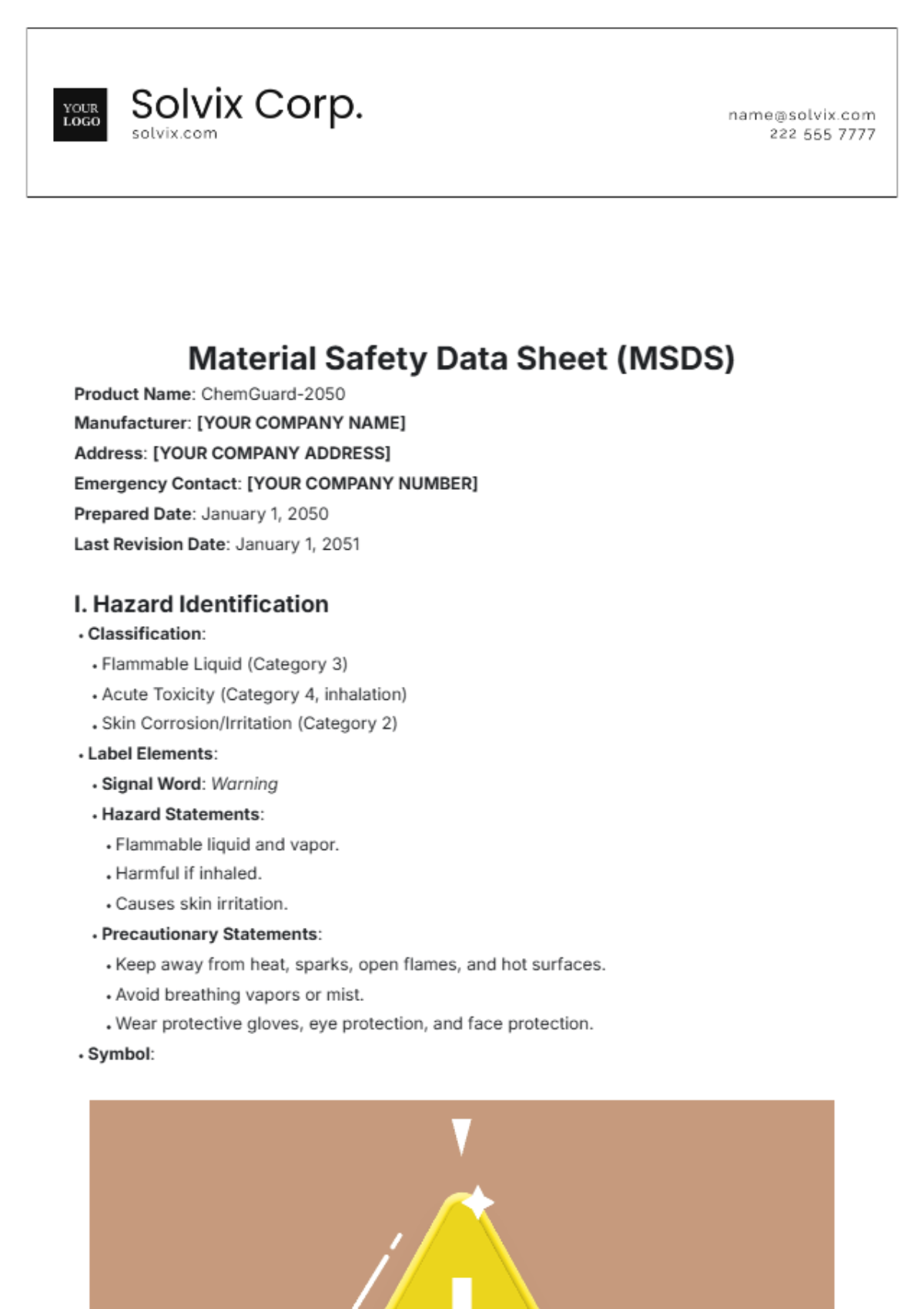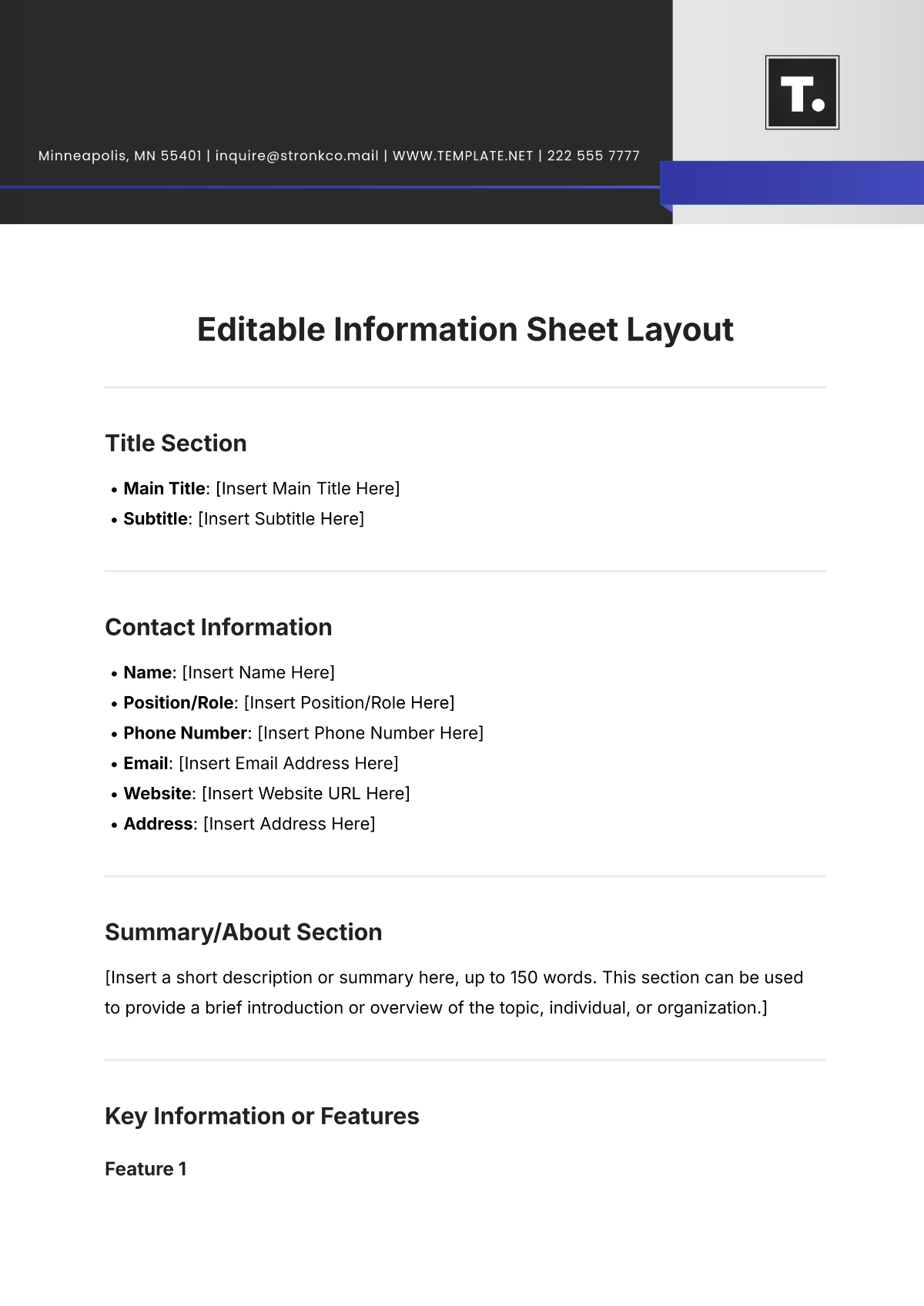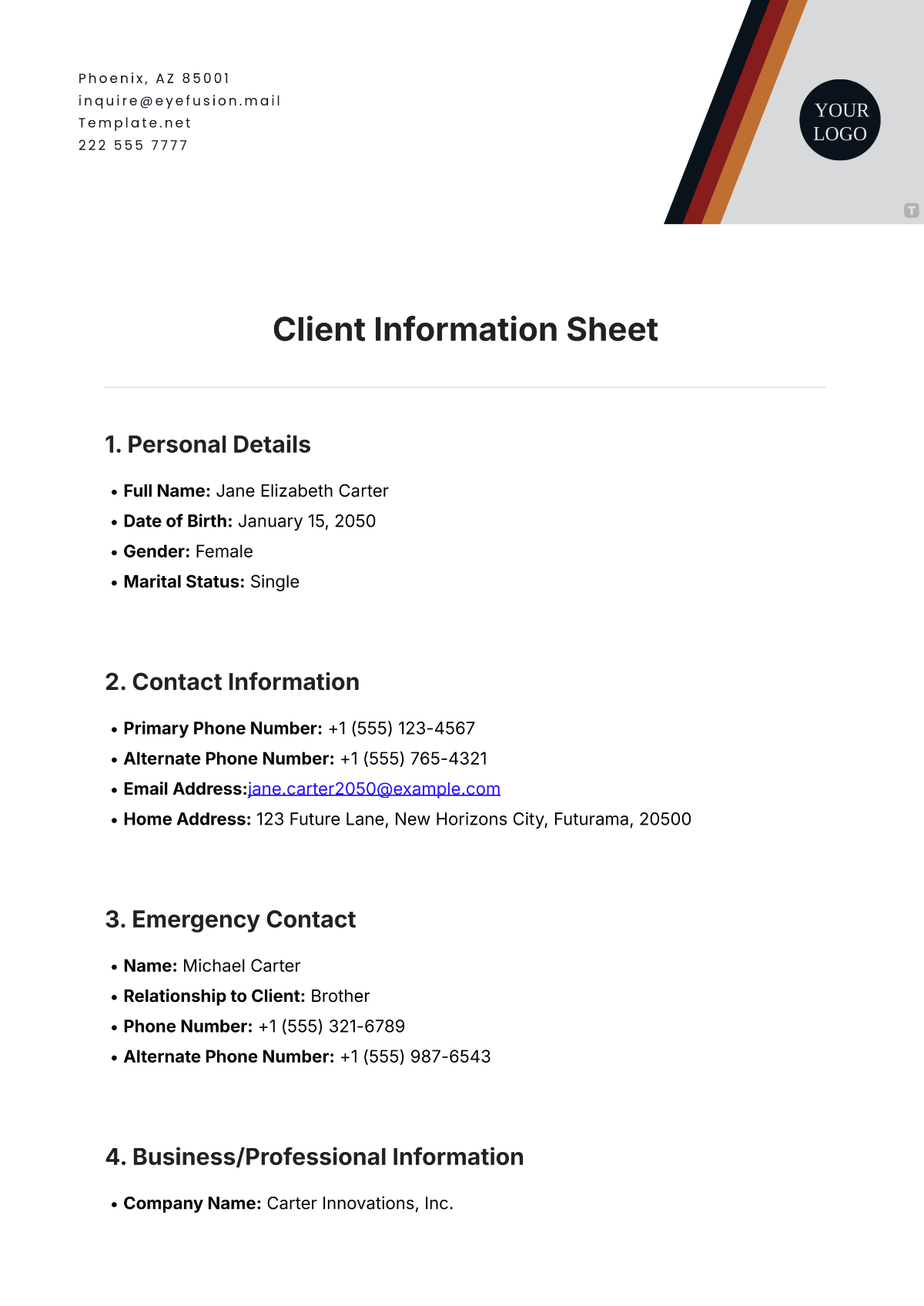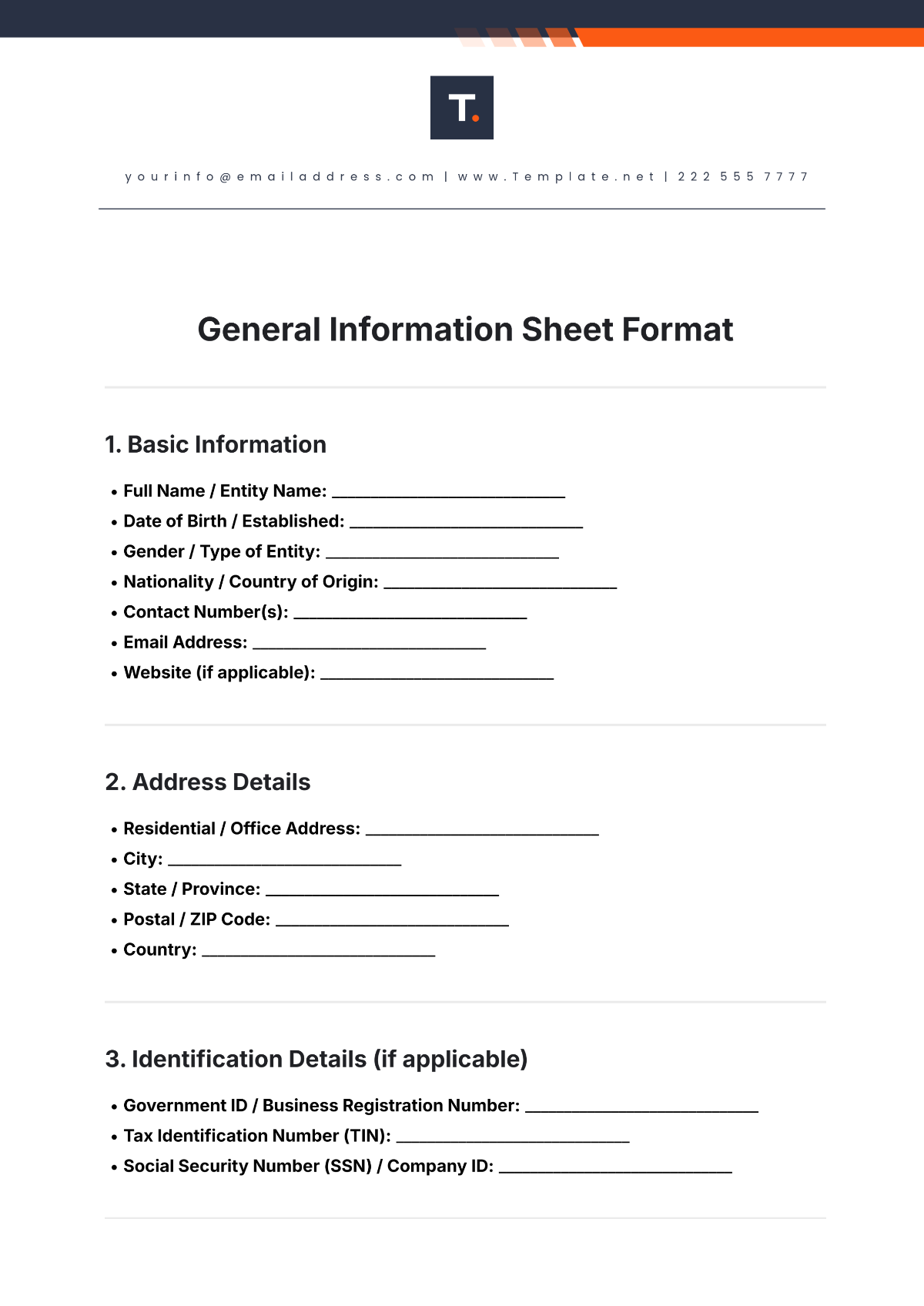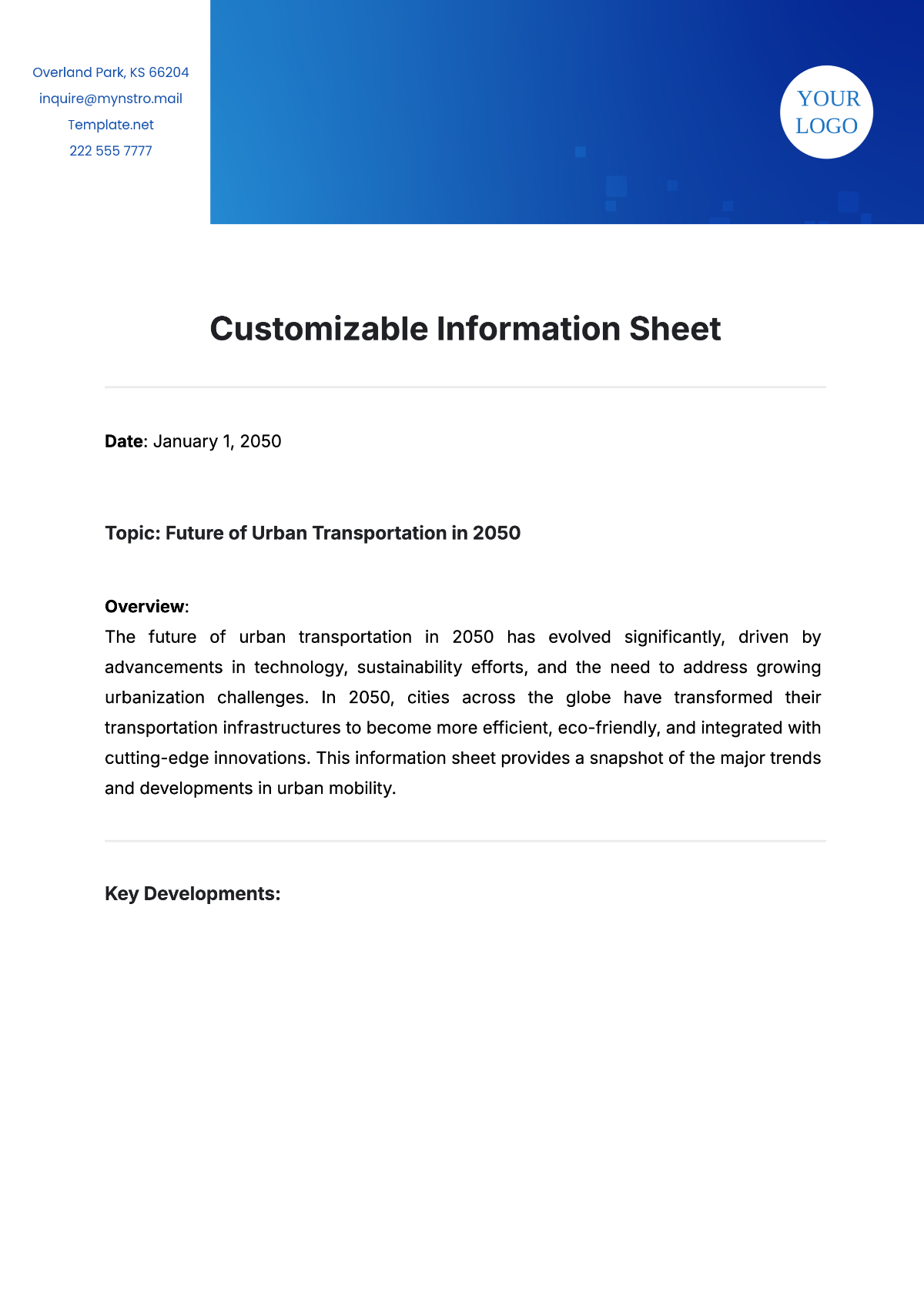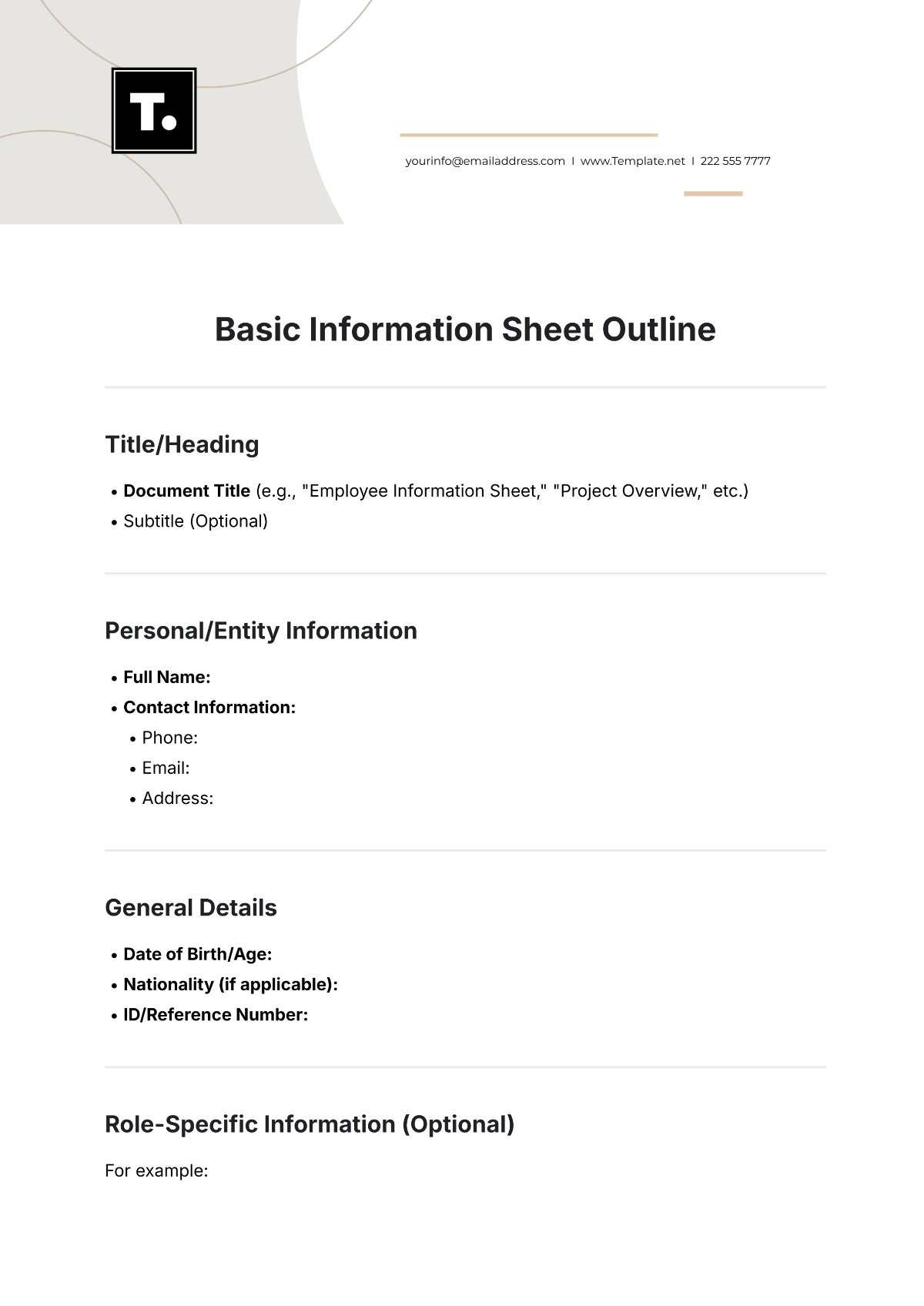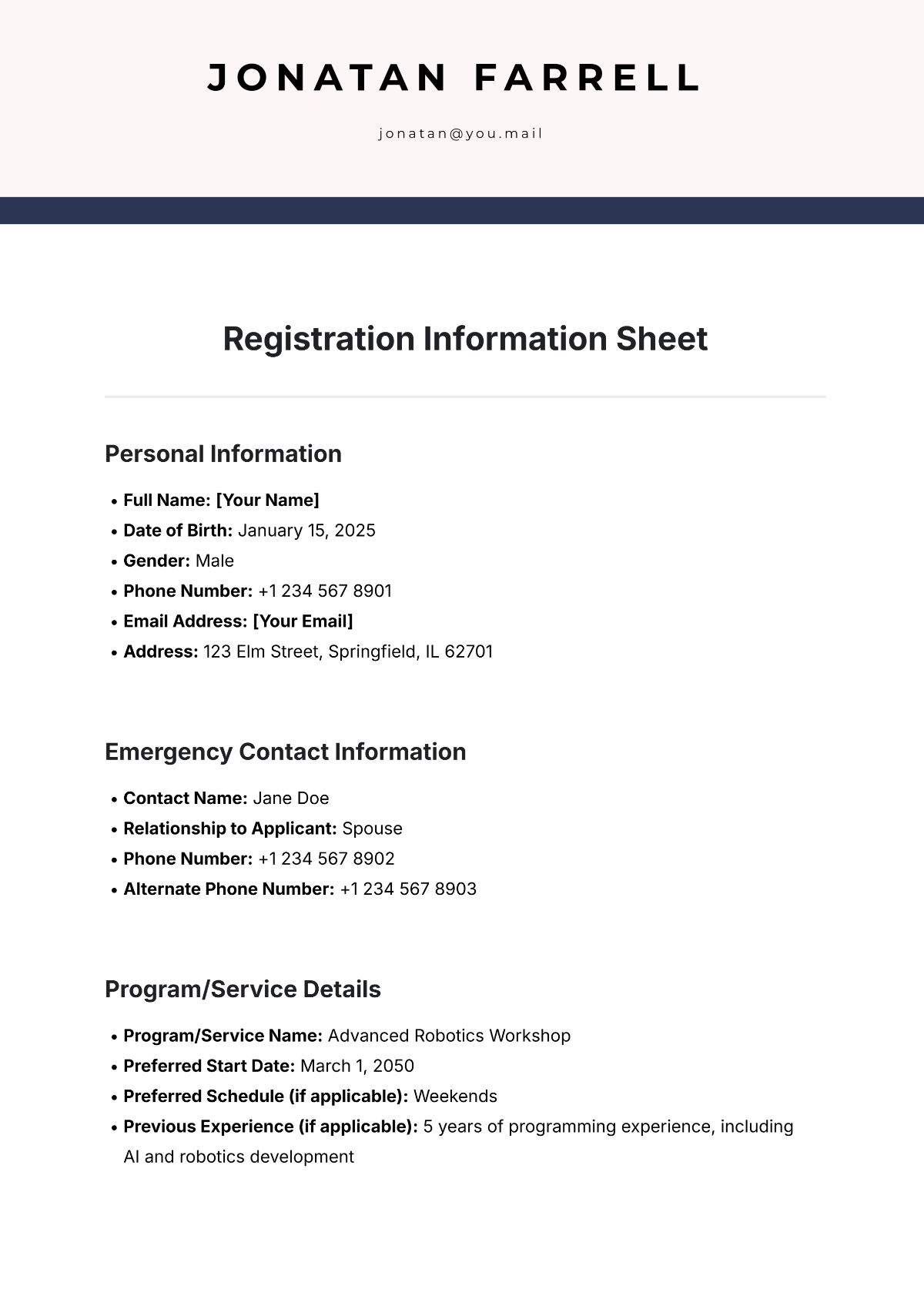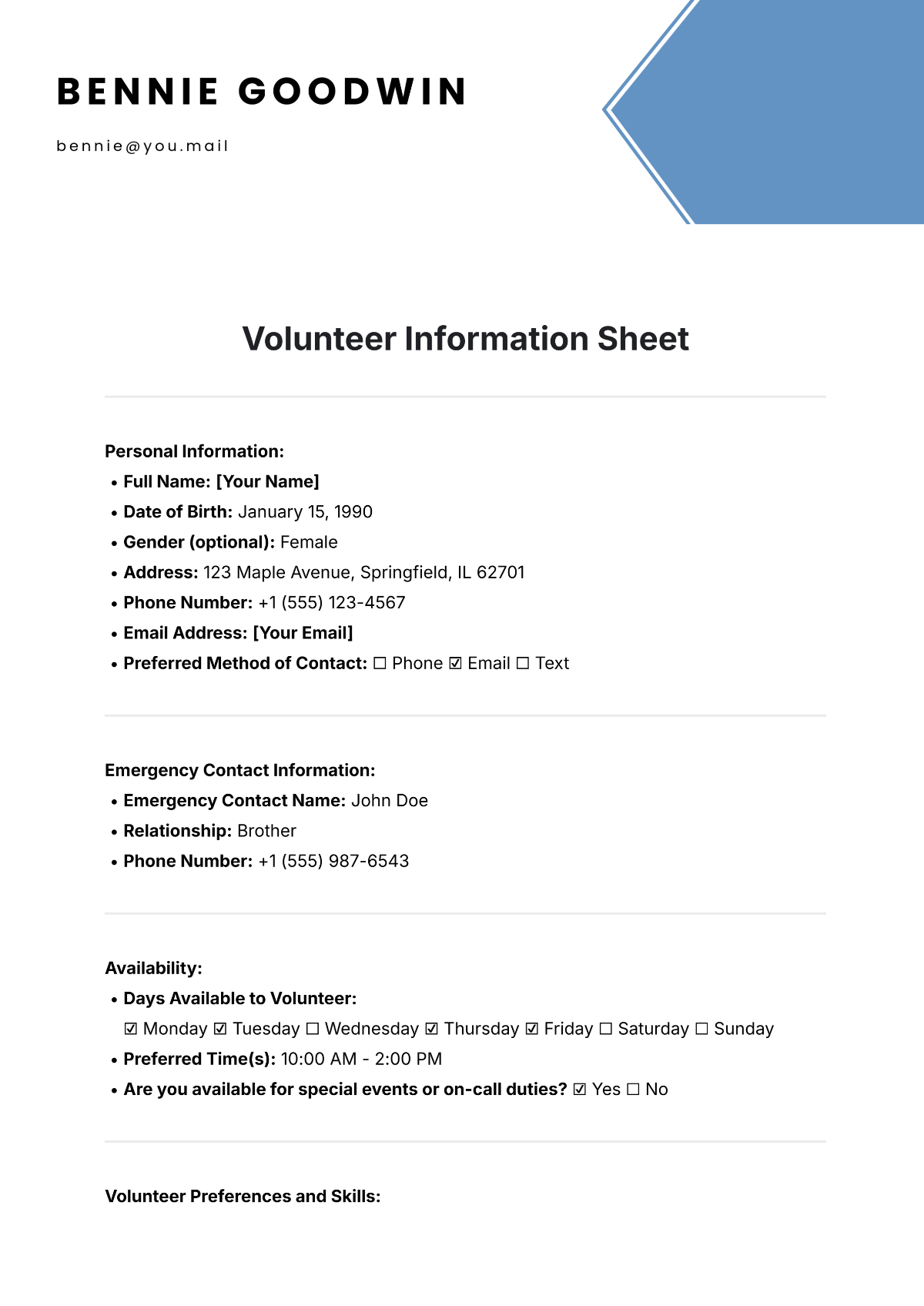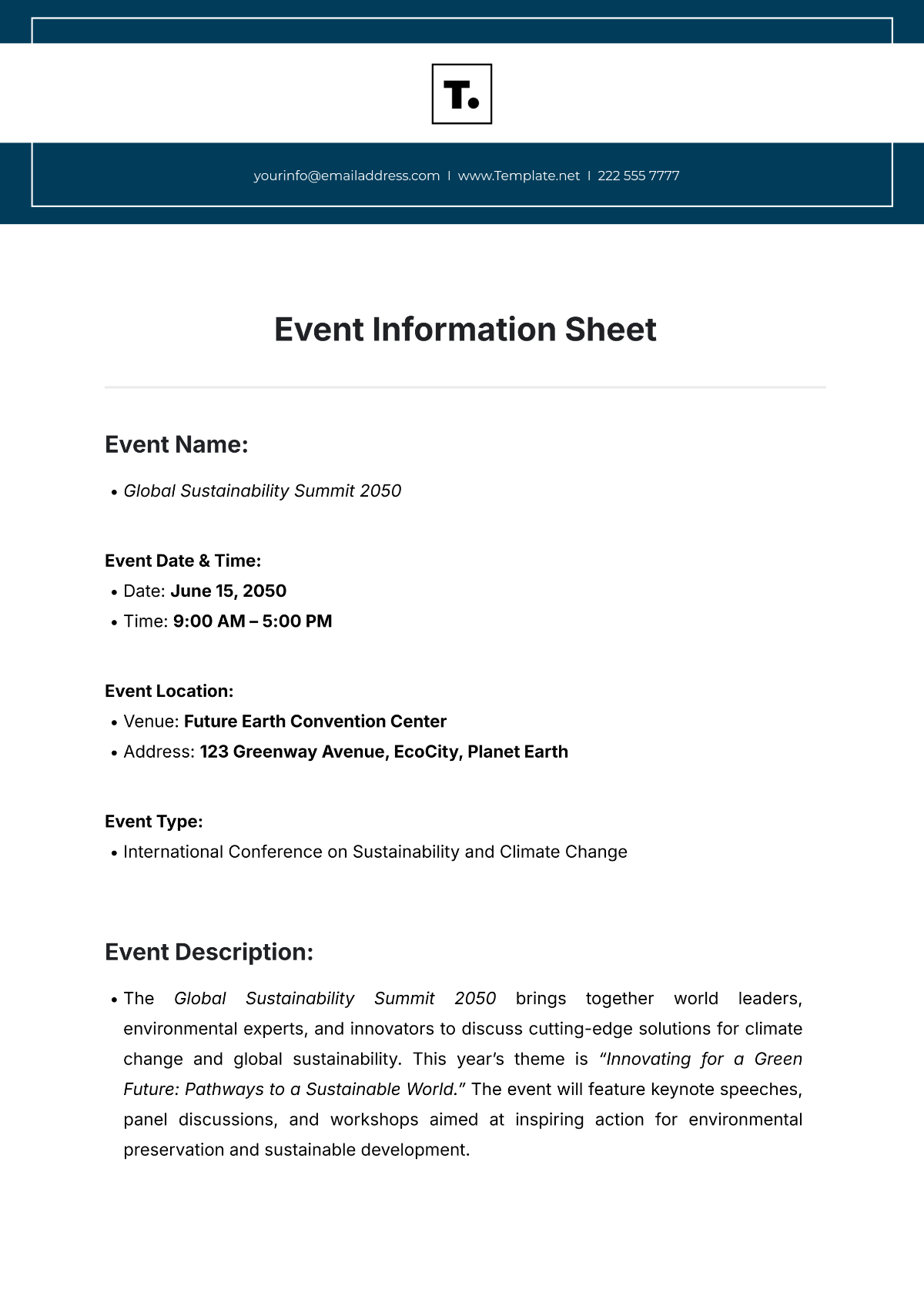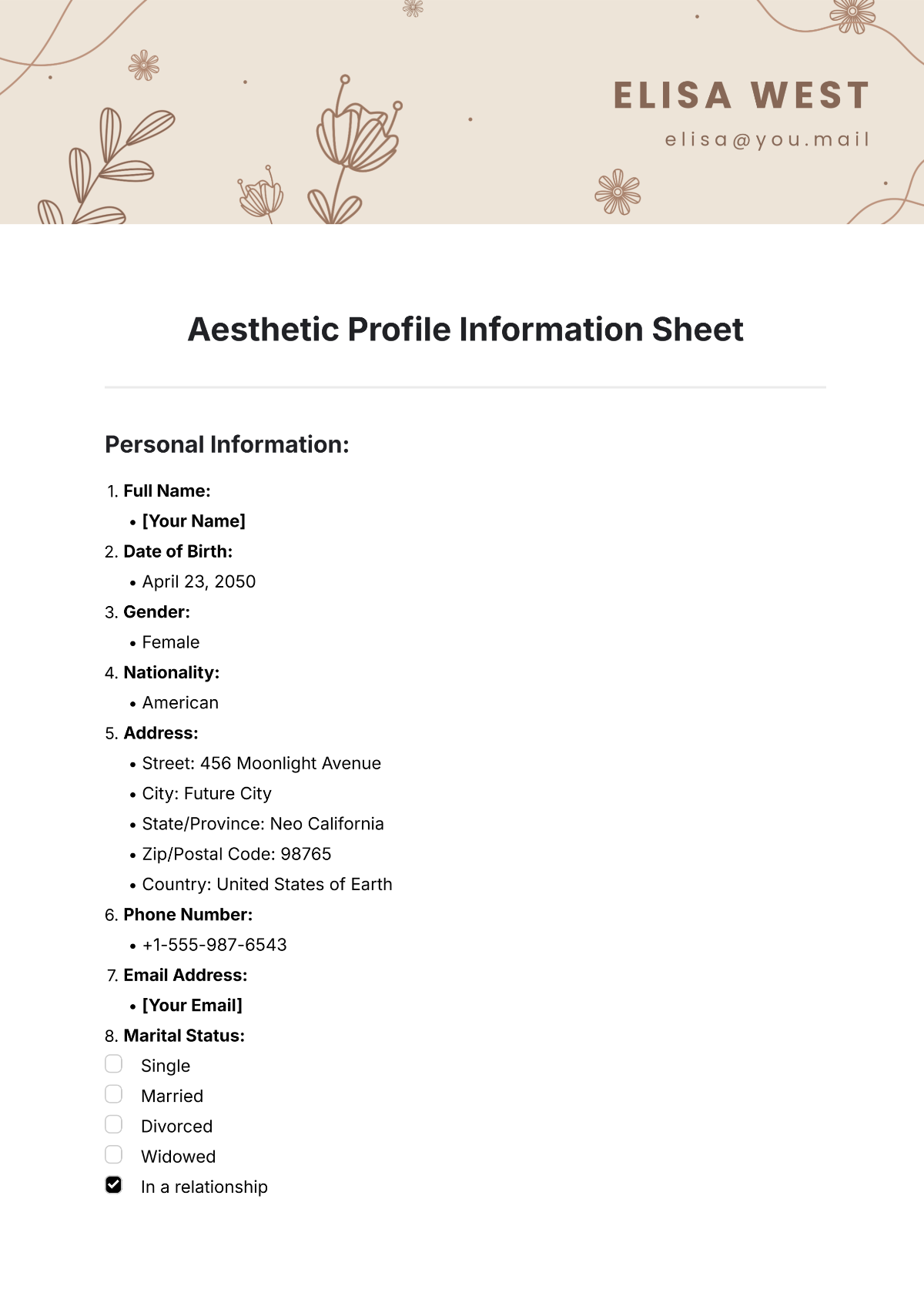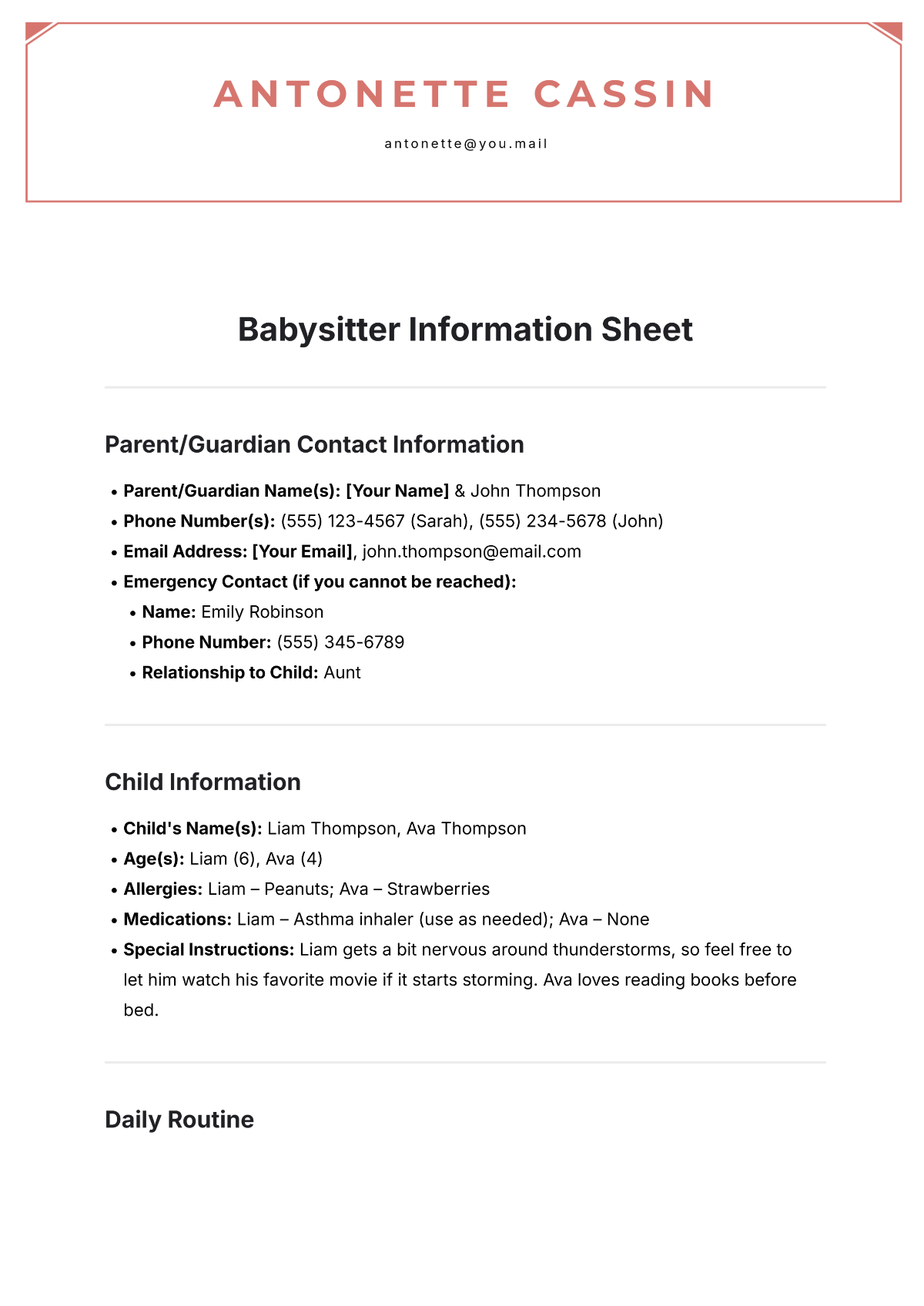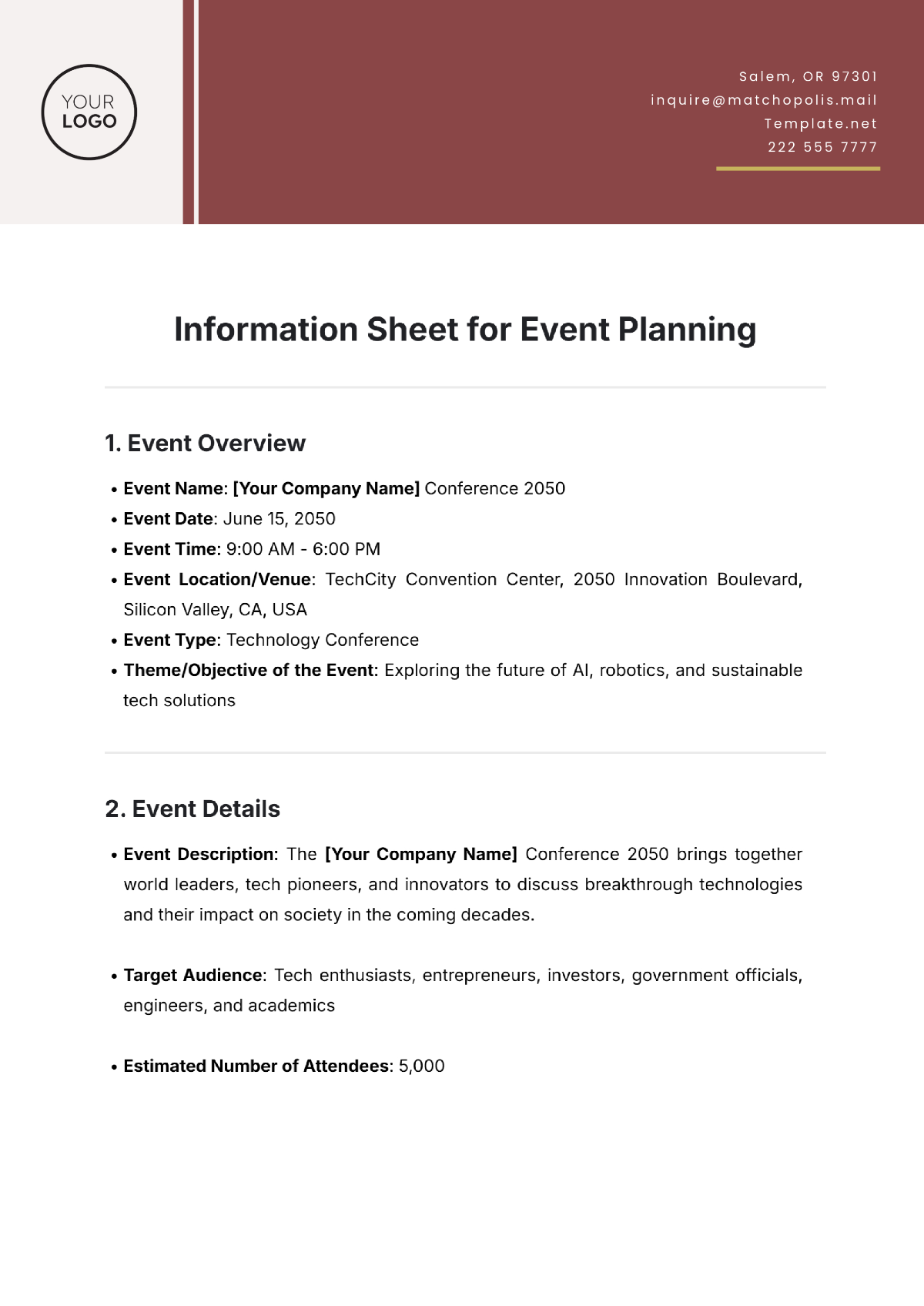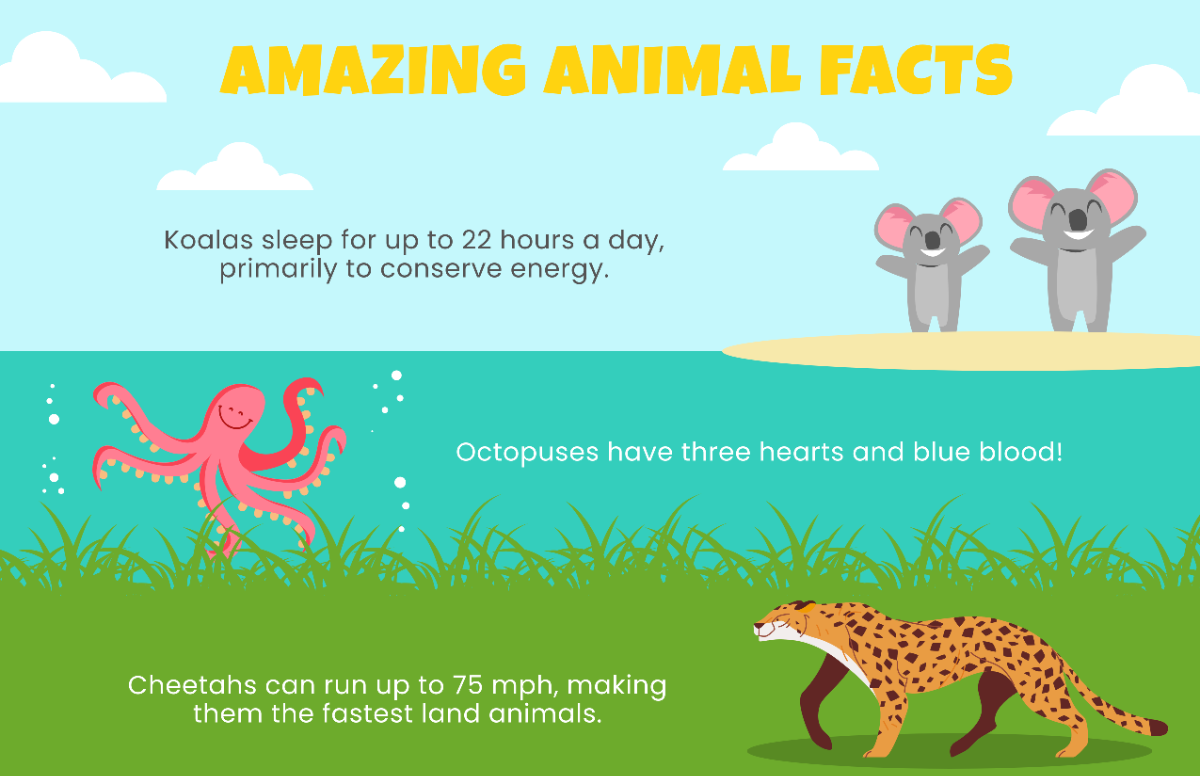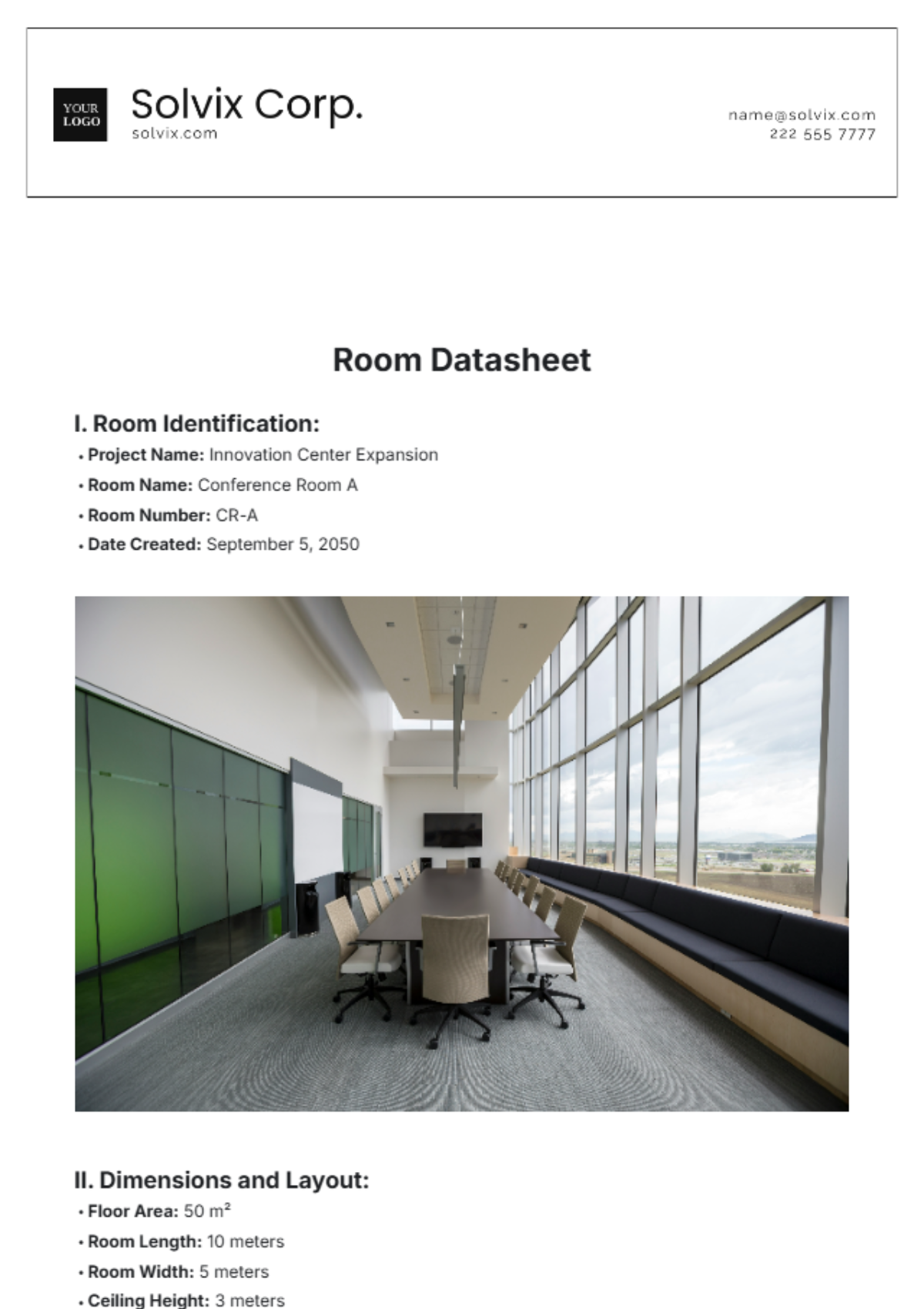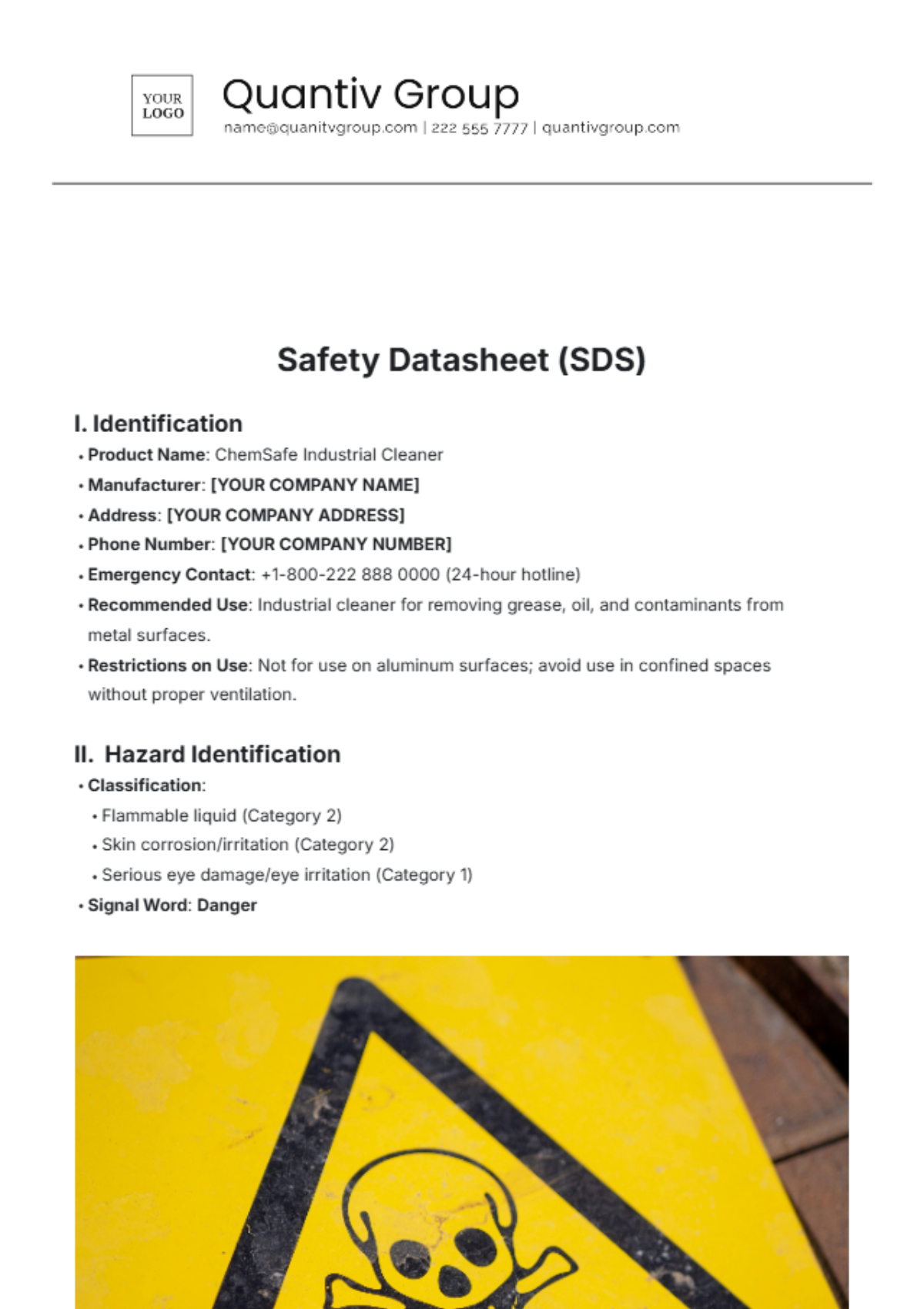APA Format Fact Sheet
Climate Change and Its Impact on Coastal Cities
Prepared by: [YOUR NAME], [YOUR COMPANY NAME]
Date: January 8, 2071
Abstract
This fact sheet highlights the impact of climate change on coastal cities, focusing on rising sea levels, extreme weather patterns, and economic repercussions. It provides an overview of key statistics, analyzes the challenges faced by vulnerable populations, and offers recommendations for mitigation and adaptation strategies.
I. Introduction
Climate change has emerged as one of the most pressing challenges of the 21st century, with coastal cities bearing the brunt of its consequences. As global temperatures rise, the effects of melting ice caps and thermal expansion are becoming increasingly apparent. This fact sheet provides critical insights into the extent of the problem and potential solutions to address it.
II. Key Facts
Fact 1: Sea levels have risen by 15 centimeters globally since 2050, with a projected increase of 50 centimeters by 2100 (UN Climate Report, 2070).
Fact 2: Extreme weather events, such as hurricanes, have increased in frequency by 35% over the last three decades (National Climate Data Center, 2070).
Fact 3: Over 200 million people in coastal cities are at risk of displacement by 2090 due to flooding (World Bank, 2070).
III. Analysis or Discussion
The rising sea levels pose a significant threat to infrastructure, economies, and human lives in coastal areas. Cities such as Miami, Jakarta, and Dhaka are already experiencing severe flooding and erosion. In addition to physical damage, the economic burden of these disasters is immense, with global losses exceeding $1 trillion annually as of 2070. Vulnerable populations, particularly in low-income regions, face disproportionate risks due to limited access to resources for adaptation and recovery.
IV. Recommendations
Enhance infrastructure resilience: Invest in flood barriers, drainage systems, and climate-resilient building materials.
Promote sustainable urban planning: Relocate critical infrastructure away from high-risk zones and adopt green architecture.
Increase international cooperation: Establish global funds to support vulnerable nations in implementing adaptation strategies.
V. References
Intergovernmental Panel on Climate Change. (2070). Sixth assessment report: Climate change impacts and adaptation. Geneva: IPCC.
National Climate Data Center. (2070). Extreme weather trends in the 21st century. Washington, D.C.: NCDC.
World Bank. (2070). The economic impact of sea-level rise. Washington, D.C.: World Bank.


